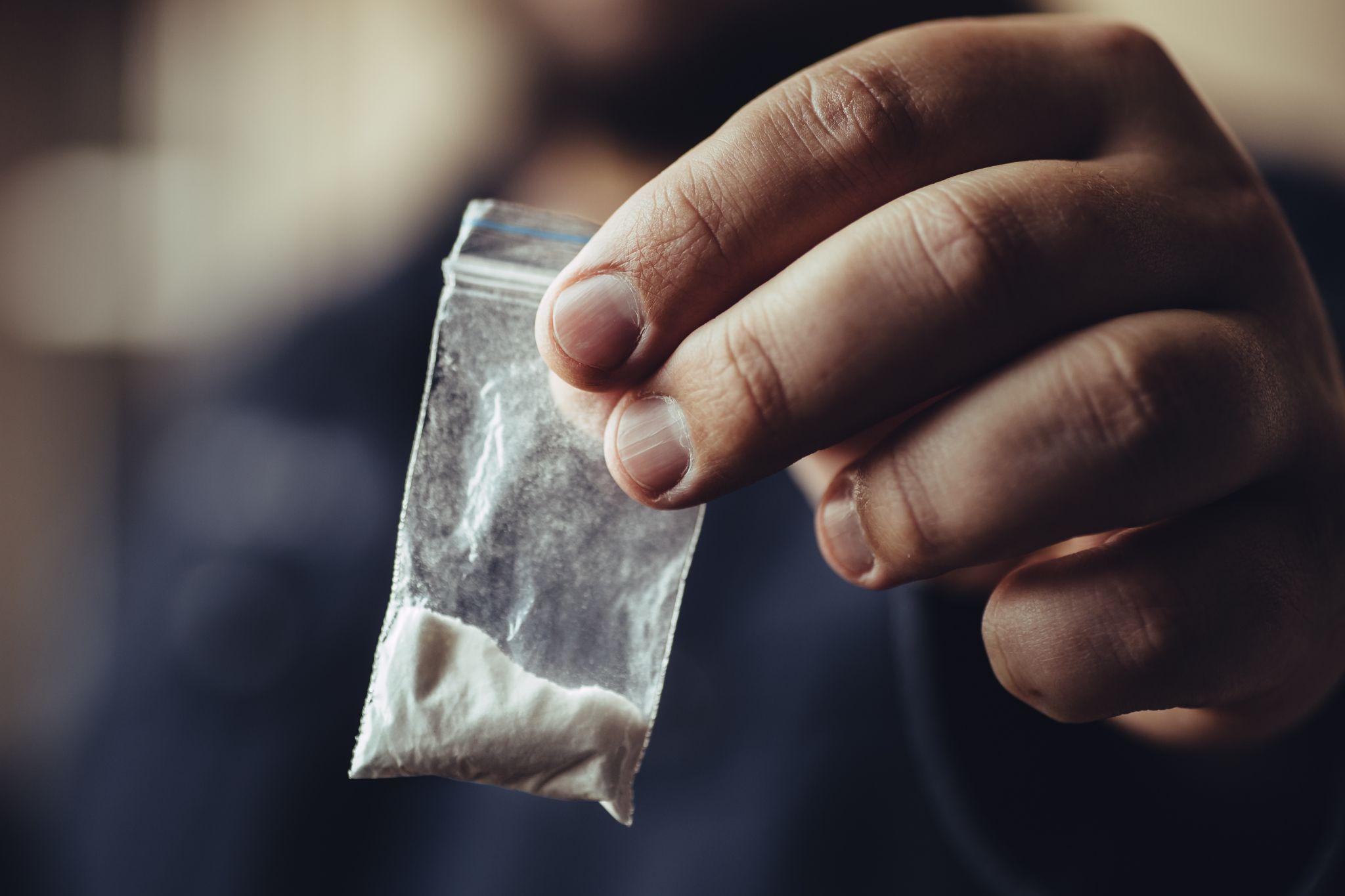Cocaine is a powerful and addictive stimulant produced in a powder form that directly affects the central nervous system. It increases levels of dopamine, a neurotransmitter associated with pleasure and movement, creating an intense feeling of euphoria. Typically, the high from cocaine is short-lived, leading to repeated cocaine use in a short period. This pattern can quickly evolve into cocaine abuse.1
Addiction to cocaine is a complex issue that affects millions of individuals and families in the United States. Understanding cocaine addiction signs and symptoms can be crucial for those worried about their own recreational use or concerned about a loved one.
Signs of Cocaine Addiction
Signs of cocaine use often start subtly before manifesting into more overt and damaging addictive behaviors. Recognizing the early signs of substance abuse can be important for timely intervention and support. Some of the common signs that may indicate someone is struggling with a cocaine addiction include:2
Physical Signs
- Unexplained weight loss. Cocaine can suppress appetite, leading to significant weight loss and malnutrition.
- Dilated pupils. One of the most noticeable signs of recent cocaine use is dilated pupils.
- Increased energy and agitation can often be seen in cocaine users due to the drug’s stimulant properties.
- Chronic runny nose or nosebleeds. Frequent snorting of cocaine can lead to nasal irritation and damage, resulting in a chronic runny nose or nosebleeds.
- Changes in sleep patterns. Cocaine can cause disruptions in sleep, leading to insomnia or a completely altered sleep schedule.
- Burn marks on lips or hands. Using crack cocaine can leave burns on lips or hands due to smoking from a hot pipe.
- White powder residue. Traces of white powder around the mouth or nose are telltale signs of recent snorting.
- Decline in oral health. Cocaine use may lead to oral health issues, including gum disease and tooth decay.
Behavioral Signs
- Changes to eating habits. Along with weight loss, changes in eating habits can be a sign of addiction.
- Changes to social patterns. Withdrawal from usual social activities or hobbies may indicate that an individual is prioritizing cocaine use.
- Social isolation. Increasing isolation from friends and family is common as individuals may feel ashamed or want to hide their substance use disorder.
- Increase in harmful behaviors. Engaging in risky or harmful behaviors, such as driving under the influence, is more common.
- Neglect of personal relationships. As addiction deepens, maintaining personal relationships becomes less of a priority.
- Mood changes or irritability. The highs from cocaine are often followed by lows, which can manifest as mood swings or irritability.
- Sudden financial difficulties. Cocaine addiction can be expensive, leading to unexplained financial problems.
- Difficulty at work or school. Performance can decline as a result of impaired cognitive functions and reduced focus.
Long-Term Effects of Cocaine Use
With repeated use, the brain’s reward pathways may adapt, becoming less sensitive to natural rewards such as food and social interactions. At the same time, the circuits related to stress grow increasingly sensitive. This can lead to heightened displeasure and negative moods when not using the drug, which are classic signs of withdrawal.
Over time, users may develop a tolerance that needs higher doses of cocaine to achieve the same euphoric effects. This also comes with a sensitization that lowers the threshold for the drug’s toxic effects, including anxiety and convulsions, thus escalating the risk of overdose.
Regular and intense binge usage can exacerbate these effects, leading to severe psychological disturbances such as increased irritability, panic attacks, paranoia, and psychosis, characterized by a loss of touch with reality and auditory hallucinations.1

Treatment Options for Cocaine Addiction
Treating cocaine addiction requires a comprehensive approach, involving various methods tailored to the individual’s specific needs. There is no one-size-fits-all addiction treatment, and effective recovery often involves a combination of therapies.
1. Behavioral Therapies
Behavioral therapies like cognitive behavioral therapy (CBT) are the most effective treatments for cocaine addiction. These therapies help modify the patient’s drug use patterns and effectively increase healthy life skills.
2. Group Therapy
Group therapy provides a supportive space for individuals to share experiences and learn from the experiences of others. It fosters a sense of community and belonging, which is vital for individuals who often feel isolated due to their addiction.
3. Medication-Assisted Treatment (MAT)
While there are no FDA-approved medications specifically for cocaine addiction, some medications used for other purposes can help with certain aspects of cocaine withdrawal and dependence.
For example, medications such as bupropion (an antidepressant) have shown some promise in reducing the symptoms associated with cocaine withdrawal and dependence.
4. Residential Treatment Programs
Residential treatment provides intensive care and is suitable for people with severe problems, including co-occurring disorders. These programs involve living at a treatment facility while undergoing comprehensive therapy and activities designed to teach coping skills and how to live without drugs.
5. Dual Diagnosis Treatment
Since many individuals struggling with cocaine addiction also suffer from other mental health disorders, dual diagnosis treatment can address both addiction and co-occurring mental health issues simultaneously. Treatment plans in dual diagnosis include a combination of therapies that cater to both conditions effectively.
6. Holistic Therapies
Holistic therapies aim to treat the individual as a whole rather than just focusing on stopping drug use. These might include yoga, meditation, acupuncture, and focusing on nutrition. Such therapies can be beneficial for stress management and emotional regulation, which are crucial components of addiction recovery.
7. Support Groups
Support groups like Cocaine Anonymous (CA) provide ongoing peer support for individuals recovering from cocaine addiction. These groups are based on the 12-step model of Alcoholics Anonymous and offer a structured approach to recovery that includes admitting one’s powerlessness over addiction and working through steps toward recovery.
Act Now to Overcome Cocaine Addiction With Lumina Recovery
Recognizing the signs and symptoms of cocaine addiction is the first step toward helping someone in need. Whether you’re concerned about your own usage or worried about a loved one, it’s important to know that help is available.
Lumina Recovery offers detox programs and cocaine addiction treatment programs based on a holistic healing approach by providing dual diagnosis care and evidence-based therapy. We are here to help you take the first step towards a healthy, sober life.
Ready to change your life? Reach out today and start your path to recovery with expert support and guidance.
Sources:



